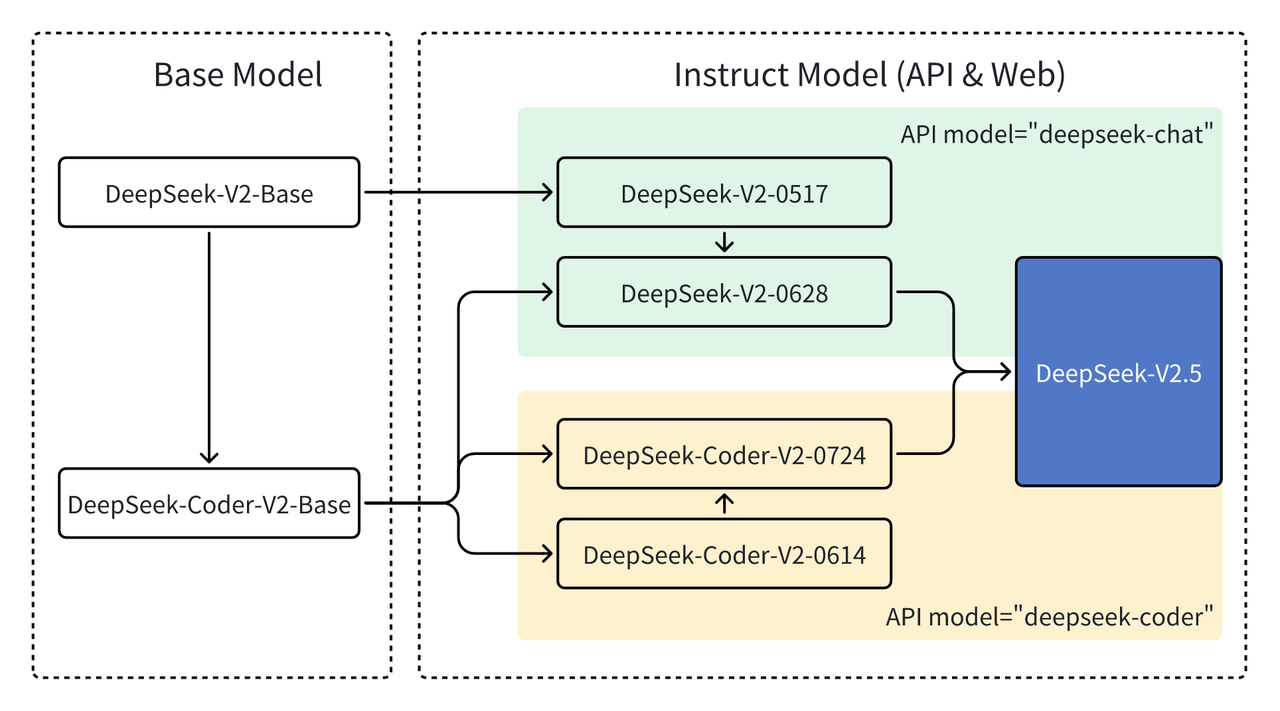
Richard Whittle gets financing from the ESRC, Research England and was the recipient of a CAPE Fellowship.

Stuart Mills does not work for, seek advice from, own shares in or receive funding from any business or organisation that would gain from this post, and has revealed no pertinent associations beyond their scholastic appointment.

Partners
University of Salford and wiki-tb-service.com University of Leeds supply funding as establishing partners of The Conversation UK.
View all partners
Before January 27 2025, menwiki.men it's reasonable to say that Chinese tech business DeepSeek was flying under the radar. And then it came significantly into view.
Suddenly, everybody was discussing it - not least the investors and executives at US tech companies like Nvidia, Microsoft and Google, tandme.co.uk which all saw their business values tumble thanks to the success of this AI startup research study laboratory.

Founded by a successful Chinese hedge fund supervisor, the laboratory has actually taken a different approach to expert system. Among the significant differences is expense.
The development expenses for Open AI's ChatGPT-4 were stated to be in excess of US$ 100 million (₤ 81 million). DeepSeek's R1 model - which is used to create material, fix reasoning issues and produce computer system code - was reportedly used much fewer, less powerful computer chips than the similarity GPT-4, resulting in expenses claimed (however unverified) to be as low as US$ 6 million.
This has both monetary and geopolitical impacts. China undergoes US sanctions on importing the most advanced computer system chips. But the truth that a Chinese startup has actually been able to develop such an innovative model raises concerns about the effectiveness of these sanctions, and whether Chinese innovators can work around them.
The timing of DeepSeek's new release on January 20, as Donald Trump was being sworn in as president, indicated a challenge to US supremacy in AI. Trump responded by explaining the moment as a "wake-up call".
From a financial point of view, the most visible impact might be on customers. Unlike competitors such as OpenAI, which recently started charging US$ 200 each month for access to their premium designs, DeepSeek's comparable tools are currently totally free. They are likewise "open source", permitting anybody to poke around in the code and reconfigure things as they want.
Low expenses of development and effective usage of hardware appear to have managed DeepSeek this expense advantage, and have currently required some Chinese competitors to reduce their costs. Consumers need to anticipate lower costs from other AI services too.
Artificial financial investment
Longer term - which, in the AI industry, can still be remarkably quickly - the success of DeepSeek could have a huge influence on AI financial investment.
This is because so far, almost all of the big AI business - OpenAI, Meta, Google - have been having a hard time to commercialise their models and be profitable.
Until now, this was not always a problem. Companies like Twitter and Uber went years without making earnings, prioritising a commanding market share (great deals of users) rather.
And business like OpenAI have actually been doing the same. In exchange for constant investment from hedge funds and other organisations, they promise to develop a lot more powerful models.
These designs, the business pitch most likely goes, will massively boost performance and after that success for businesses, which will wind up delighted to spend for AI items. In the mean time, hb9lc.org all the tech companies need to do is collect more information, demo.qkseo.in buy more powerful chips (and more of them), and develop their designs for longer.
But this costs a lot of money.
Nvidia's Blackwell chip - the world's most powerful AI chip to date - expenses around US$ 40,000 per unit, and AI business typically need tens of countless them. But already, AI companies haven't truly had a hard time to attract the necessary investment, even if the amounts are substantial.
DeepSeek might change all this.
By demonstrating that developments with existing (and maybe less innovative) hardware can attain similar efficiency, utahsyardsale.com it has offered a caution that tossing money at AI is not ensured to settle.
For instance, prior to January 20, it may have been assumed that the most advanced AI models need enormous information centres and other facilities. This indicated the likes of Google, Microsoft and OpenAI would deal with minimal competition since of the high barriers (the vast expenditure) to enter this industry.
Money concerns
But if those barriers to entry are much lower than everybody believes - as DeepSeek's success recommends - then lots of massive AI investments suddenly look a lot riskier. Hence the abrupt effect on huge tech share costs.
Shares in chipmaker Nvidia fell by around 17% and ASML, which produces the devices needed to manufacture advanced chips, likewise saw its share rate fall. (While there has been a minor bounceback in Nvidia's stock cost, it appears to have actually settled below its previous highs, reflecting a brand-new market truth.)
Nvidia and ASML are "pick-and-shovel" business that make the tools essential to develop a product, rather than the product itself. (The term originates from the concept that in a goldrush, the only person guaranteed to earn money is the one offering the picks and shovels.)
The "shovels" they offer are chips and pipewiki.org chip-making equipment. The fall in their share rates came from the sense that if DeepSeek's more affordable approach works, the billions of dollars of future sales that investors have actually priced into these companies may not materialise.
For the likes of Microsoft, Google and Meta (OpenAI is not openly traded), the expense of structure advanced AI may now have actually fallen, meaning these companies will need to invest less to remain competitive. That, for them, could be an advantage.
But there is now question regarding whether these companies can successfully monetise their AI programmes.

US stocks comprise a historically large percentage of global investment right now, and technology business comprise a historically big percentage of the worth of the US stock exchange. Losses in this industry might require financiers to sell other financial investments to cover their losses in tech, resulting in a whole-market slump.
And it should not have actually come as a surprise. In 2023, a dripped Google memo warned that the AI market was exposed to outsider disturbance. The memo argued that AI companies "had no moat" - no security - against rival models. DeepSeek's success might be the proof that this is real.









